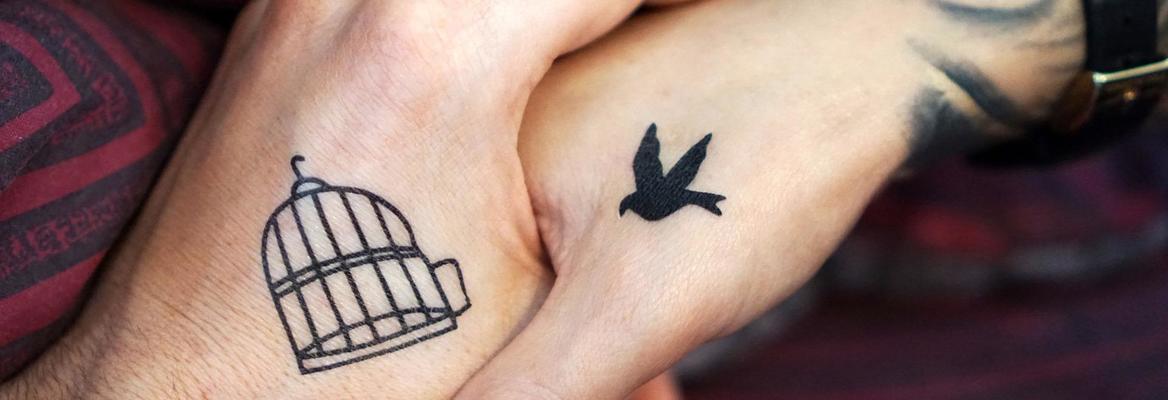by KATE KIRKPATRICK

Being independent and equal in love is key to loving authentically, says de Beauvoir
Simone de Beauvoir spent more time talking about inauthentic love than authentic. But that is because she thought authentic love is so hard to achieve.
From the vantage point of 2017, aspects of Beauvoir’s view of authentic love look rather dated and pessimistic: for one thing, it presents men and women in binary terms that are unlikely to resound with many readers. Today’s women have greater access to education and employment than women did in 1949, and may be less likely to see love as life, as Beauvoir charged, instead of a part of life. Although structural inequality persists, relationships between men and women – or men and men, or women and women, etc. – theoretically have better chances of proceeding on an equal footing.
But nevertheless many cultural portrayals of love (from Puccini to pop) continue to depict it as a game between unequals – as conquest or domination, seduction or entrapment – where the boundaries are drawn along distinctly gendered lines. Such dynamics, on Beauvoir’s view, make authenticity in love impossible – but why?
What Love Meant for Men versus Women
In her watershed feminist book The Second Sex Beauvoir wrote that the word ‘love’ has different meanings for men and women – and that these differences are responsible for many of the disagreements between them. Byron hit the nail on the head, she thought, by saying that for men love is an occupation in life while for women it is life itself.
Writing in 1949, Beauvoir believed that men remained ‘sovereign subjects’ in love – that they valued their beloved women alongside other pursuits, as an integral part – but only a part – of their whole life. By contrast, for women love was expected to become their whole life: ‘total abdication for the benefit of a master’ (SS 699).
This may sound an alien note in twenty-first century ears. But in Beauvoir’s time she saw many assumptions (implicit and explicit) that for women love involved forgetting themselves as people in their own right. The Second Sex cites several supposed sages’ advice for women, including this example from Cécile Sauvage: ‘When the woman loves, she must forget her own personality. This is a law of nature. A woman does not exist without a master.’ (SS 700)
On Beauvoir’s view, laws of nature had nothing to do with it: the issue was laws of culture. Men were raised to expect to be active in the world – to love but also to be ambitious and to act in other domains. Women, however, were taught that their value was conditional – that they needed to be loved by a man to have worth. ‘The young girl has dreamed of herself as seen through the man’s eyes: it is in man’s eyes that the woman believes she has at last found herself’ (SS 703).
One of the barriers to achieving authentic love was that women therefore objectify themselves, attempting to identify with their beloved men. The woman in love tries to see through her beloved’s eyes, shaping her world and her self around him: she reads his preferred reading, interests herself in the art and music he likes, in his ideas, his friends, his politics, etc. Sexually, too, Beauvoir objected that many women are used as ‘instruments’ for male pleasure rather than as sexual subjects whose desires and pleasure were also taken into account.
__
“Authenticity in love…involves both parties recognizing that their beloved is free, and appreciating him- or her-self as a subject – as a person in his or her own right.”
The Institute of Art and Ideas for more